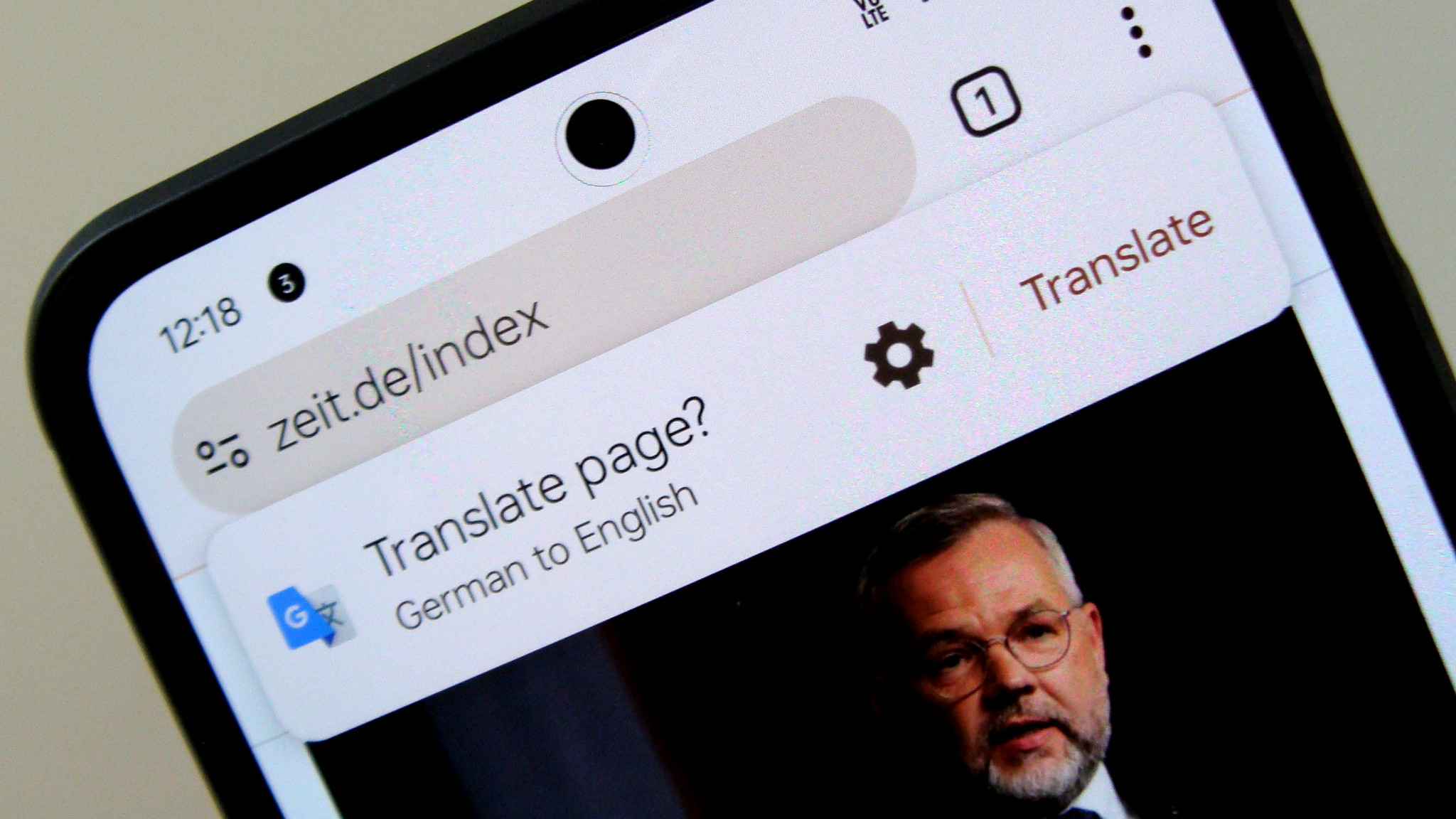Google Transitions to Universal Search Results, Leaving Country-Specific Domains Behind

In a recent development that might seem minor at first glance, Google has enacted a significant change that could have a substantial impact on how users interact with its search engine, especially for those who rely on localized search results for their daily work. While this update might not resonate with the average internet user, it represents a noteworthy evolution in Google's approach to providing relevant search results around the globe.
Historically, Google utilized what is known as a country code top-level domain (ccTLD) redirect, ensuring that users received search results tailored to their specific region. For instance, if someone were to search for information while in Nigeria, their results would be sourced from google.ng, the Nigerian domain. This method aimed to refine search results, making them more pertinent and contextually appropriate for users based on their geographical location.
Since 2017, Google has been incrementally working to enhance its search functionality, and it now believes it has reached a juncture where these ccTLD redirects are no longer necessary. The company is in the process of reverting all searches to the more universal google.com, a move that is set to affect users worldwide.
As part of this transition, Google has indicated that users may need to adjust some of their search preferences once the change takes effect. However, the company assures that the quality of search results will remain consistent with what users have come to expect. The primary visible alteration will occur in the browser's address bar, where the specific country domain will be replaced by the generic google.com.
While this update might seem dry and uneventful, it hints at a broader trend in techespecially in how companies like Google manage user experiences. Many individuals may overlook the significance of the URL displayed in their browser, a fact that is particularly concerning for those who prioritize online security. Recognizing the full web address is crucial for verifying the legitimacy of the site visited. For example, encountering google.co.kr (South Korea) or google.co.br (Brazil) could raise immediate red flags for users who are not particularly tech-savvy, yet understand the importance of verifying their navigation points online.
This change also sheds light on a broader issue within the tech community; it is easy for industry insiders and those well-versed in technology to assume that all users share their understanding. This assumption is misplaced, as a significant number of individuals prefer to use their devices without delving into the technical intricacies of how they function.
When major tech firms such as Google or Apple simplify the user experience, their focus is not necessarily on the niche audience of tech enthusiasts or journalists. Instead, they cater to the vast majority of users who engage with technology purely for its functionalities and benefits, without a keen interest in understanding the underlying mechanisms.
While many might grumble about the change and miss the specificity of country domains, it is unlikely that companies like Google will alter their course based on such feedback. Perhaps, there is a rationale behind this simplificationmaking technology accessible to all, regardless of their tech-savviness.























